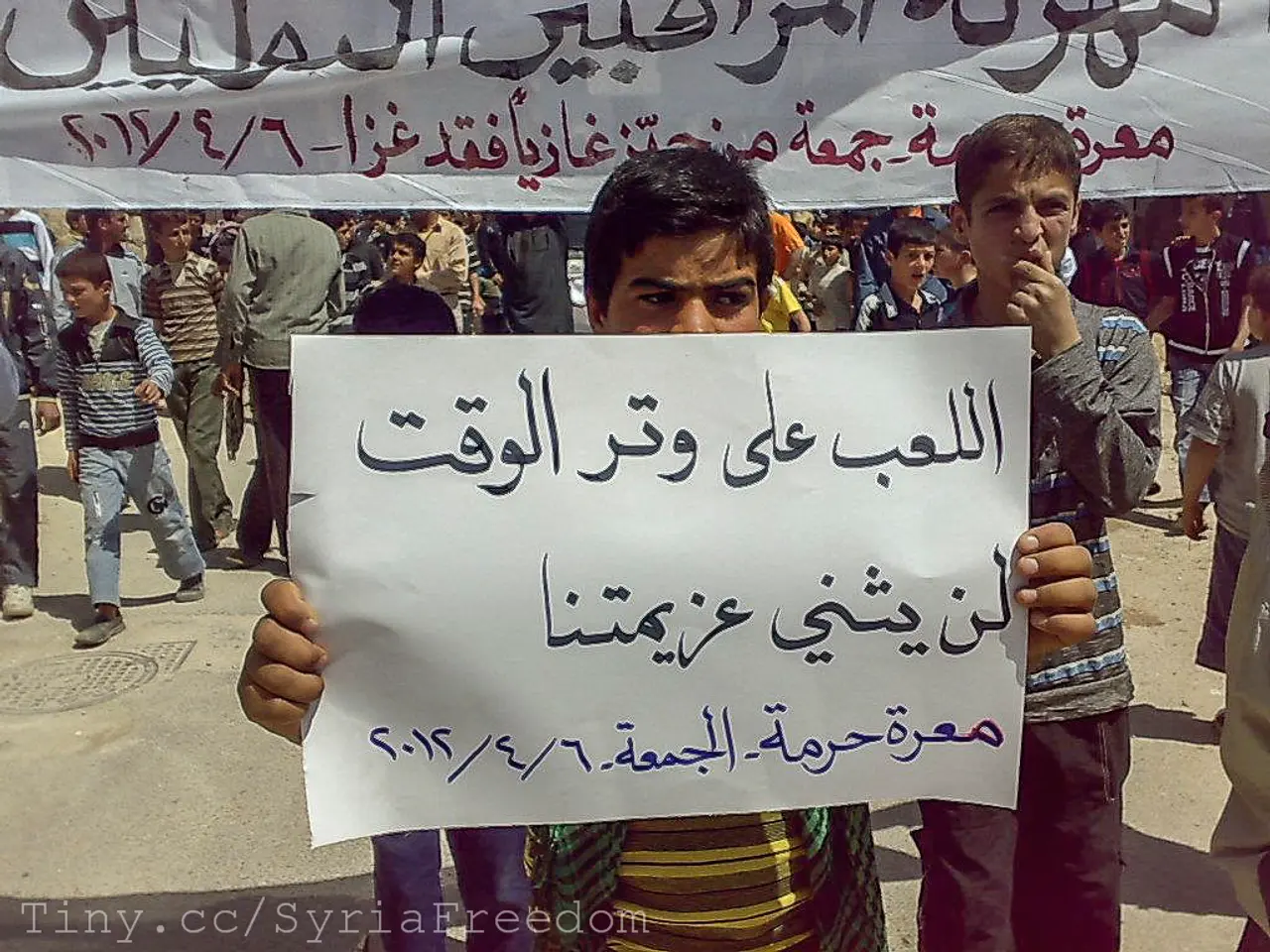Proposals put forth by the Commission have been implemented.
The Swiss news website NZZ.ch requires JavaScript for its functions, so users are advised to adjust their settings accordingly.
In Israel, a constitutional crisis is unfolding as the government of Prime Minister Benjamin Netanyahu has made the decision to dismiss Attorney General Gali Baharav-Miara. This move, unprecedented in Israeli history, is raising significant concerns about the future balance of power, judicial independence, and the preservation of democratic norms.
On August 4, 2025, the government voted to dismiss Baharav-Miara amid a prolonged clash over executive power limits and her vigorous legal opposition to certain government actions, including her ongoing prosecution of Netanyahu on corruption charges. The Attorney General has notably blocked government measures she viewed as unlawful and warned that firing her would "mortally harm" the rule of law and politicize her office.
Immediately after the firing vote, the Israeli High Court of Justice issued an injunction blocking her dismissal, freezing the appointment of any replacement, and maintaining the binding nature of her legal rulings until further notice. The court has scheduled hearings to review petitions against the dismissal in early September 2025.
Government officials, including Justice Minister Yariv Levin, have defended the dismissal, contending that the government cannot be forced to retain an attorney general they consider oppositional on technical grounds. Communications Minister Shlomo Karhi indicated intent to disregard Baharav-Miara's opinions despite the court's freeze.
The procedural path to dismissal has been controversial. The government initially failed to meet required procedural steps and replaced the independent appointment committee with a cabinet minister panel, prompting watchdog groups to challenge the move as illegal and undermining democratic checks and balances.
Critics argue that firing the attorney general engaged in prosecuting the prime minister damages the rule of law, undermines judicial independence, and potentially enables executive overreach. The High Court’s intervention reflects judicial pushback to maintain democratic safeguards, highlighting ongoing tensions between branches of government amid attempts to reshape Israel’s legal and political landscape.
Prime Minister Netanyahu, who did not participate in the vote due to a conflict of interest related to his criminal trial, accused Baharav-Miara of selective law enforcement and failure to act on threats against him. However, the dismissal is not definitive, as it is subject to the ruling of Israel's top judges.
Despite the ongoing crisis, it's important to note that the dismissal of Baharav-Miara does not necessarily mean the end of Israeli democracy. Netanyahu's strategy is to gradually consolidate power in the state, and this dismissal is a significant event in that consolidation. The future of Israeli democracy will depend on the decisions made by the judiciary and the actions taken by all branches of government to uphold democratic norms and safeguards.
What is the reaction of the High Court of Justice to the dismissal of Attorney General Gali Baharav-Miara in Israel? The High Court issued an injunction, blocking her dismissal, freezing the appointment of any replacement, and maintaining the binding nature of her legal rulings until further notice.
This incident has sparked general-news discussions about policy-and-legislation and politics in Israel, as critics argue that firing the attorney general engaged in prosecuting the prime minister damages the rule of law, undermines judicial independence, and potentially enables executive overreach. The upcoming hearings in early September 2025 will shed more light on the future balance of power and the preservation of democratic norms in Israel.







